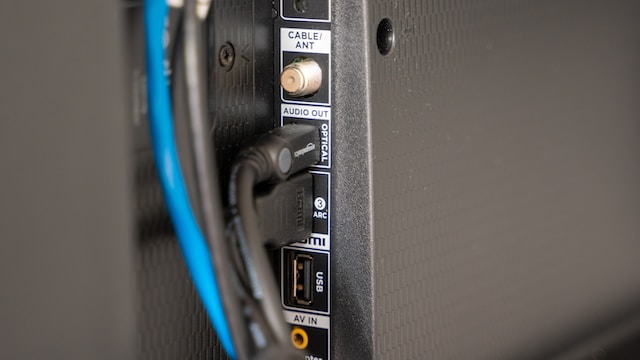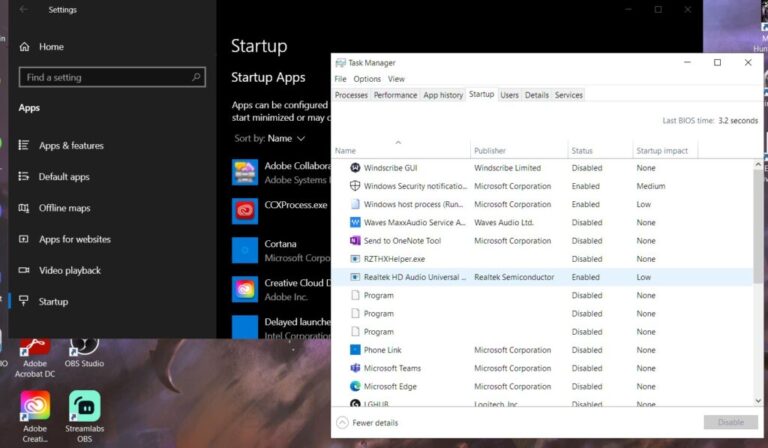What is the Difference Between a USB Hub and a Docking Station?
If you have bought a Windows laptop or a Mac with limited ports, you will want to add more connectivity options and ports to enhance the flexibility of your device. Two devices that can help you with that are USB hubs and docking stations. But what are the differences between them and which one should you choose?
USB Hub vs. Docking Station
A USB hub is designed primarily to expand the number of available USB ports on a computer or device. It doesn’t offer the same level of comprehensive connectivity as a docking station. USB hubs come in various forms, such as basic hubs, powered hubs, and USB-C hubs. They commonly connect multiple USB devices to a single USB port on a computer.

USB hubs typically do not include features like video outputs, Ethernet ports, or audio jacks. Their primary function is to allow you to connect multiple USB devices, such as external hard drives, flash drives, keyboards, mice, and other peripherals, to a single USB port on your computer.
A docking station is a device that allows you to easily connect a laptop or portable device to a set of peripherals and additional hardware. It’s commonly used to transform a portable device like a laptop into a stationary workstation.
A dock would often have video outputs (HDMI, DisplayPort, VGA, etc.) that allow you to connect an external monitor or multiple monitors to extend your display. Some docking stations have audio input and output jacks for connecting headphones, speakers, microphones, and other audio devices. Most of the time docking stations would have an ethernet connection and some docks would have to charge passthrough for Thunderbolt or MagSafe charging.
Docking stations can help you turn your laptop into a desktop-like setup, with multiple monitors, speakers, keyboard, mouse, and other accessories.
To be short, a USB hub simply adds additional ports to your computer while a docking station would add additional ports and other connection types and functionality.
Portability
Though both devices offer portability with their compact design a USB hub is more portable than a docking station. They are usually small, lightweight, and portable, making them ideal for travelers or people who work on the go. USB hubs draw power from your computer and then power the connected peripherals. However, they cannot charge your laptop, unless they have a USB-C Power Delivery (PD) port that supports pass-through charging.
Docking stations are more powerful and versatile than USB hubs, but they are also more expensive and less portable. Some docking stations are stationary, meaning they need to be plugged into a wall outlet to work. They can also charge your laptop at high speeds, unlike USB hubs
Price
A USB hub is cheaper than a docking station. The huge price difference is understandable as a docking station offers much more than additional ports. Docking stations also pack more electronics inside it making it significantly expensive.
Which is best to buy?
So which one should you buy? It depends on your needs and preferences. If you need a simple and cheap device that can expand your USB ports and you don’t mind the limited power output, then a USB hub might be enough for you. If you need a device that can offer more connectivity options and charge your laptop faster, and you don’t mind the higher price and lower portability, then a docking station might be better for you. Either way, both devices can help you enhance your productivity and convenience.







